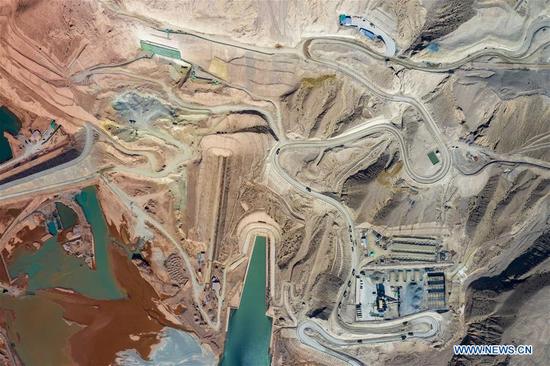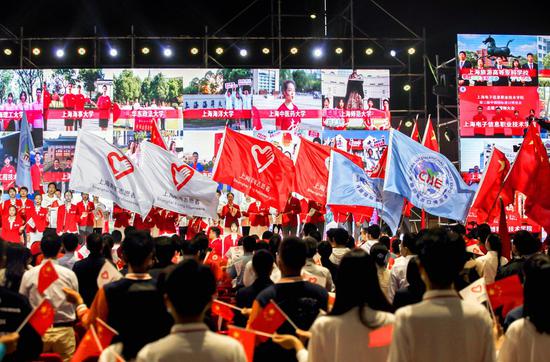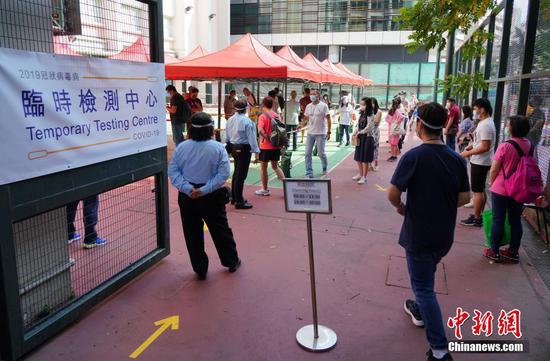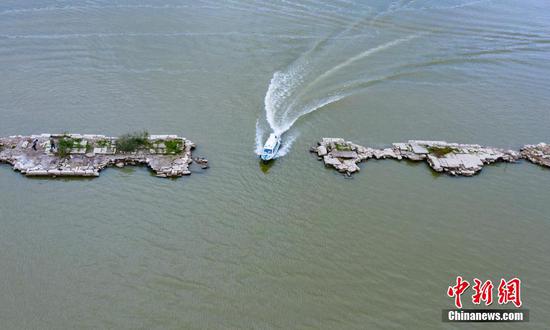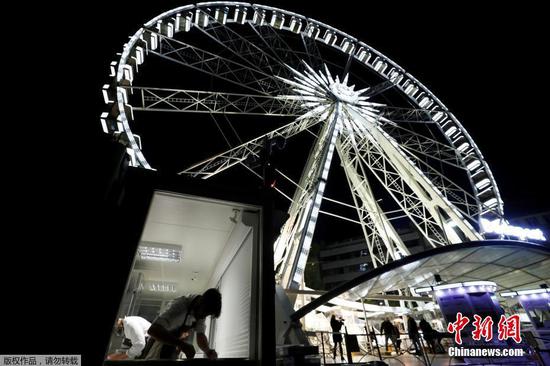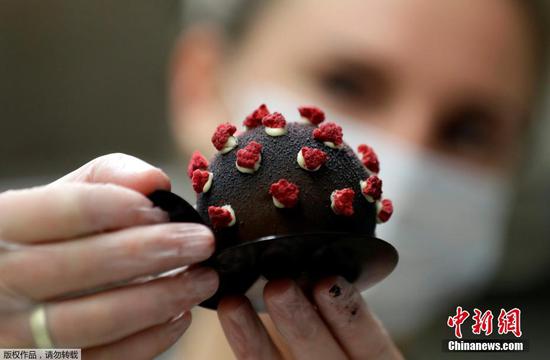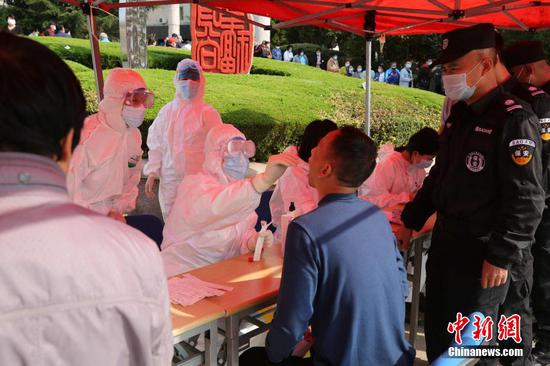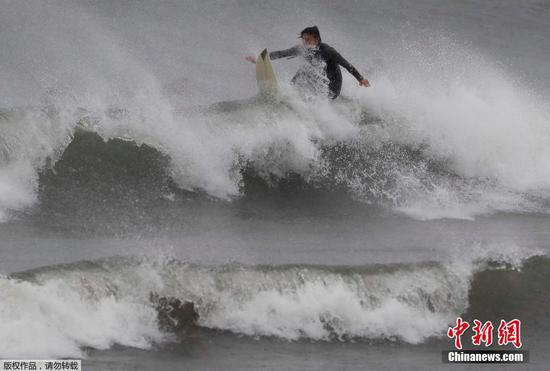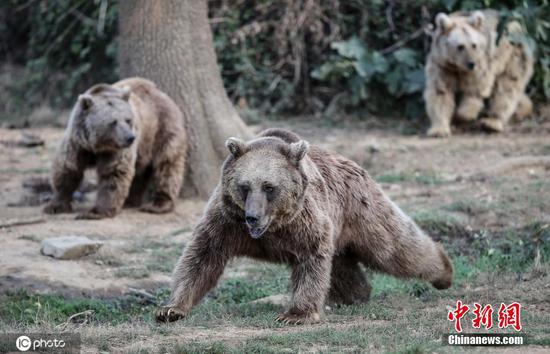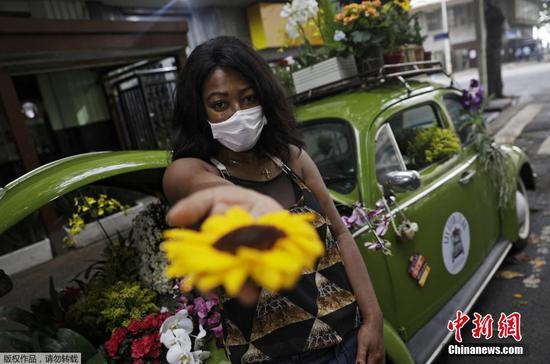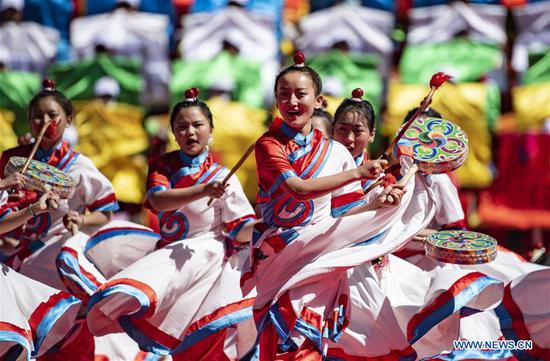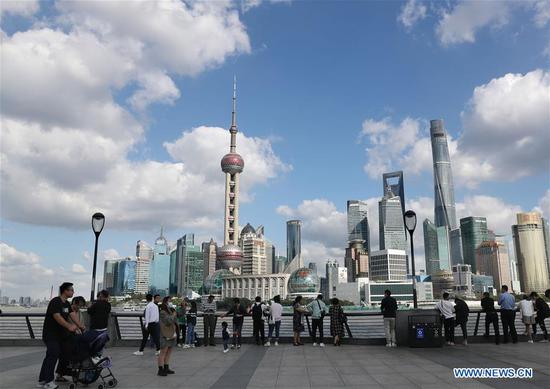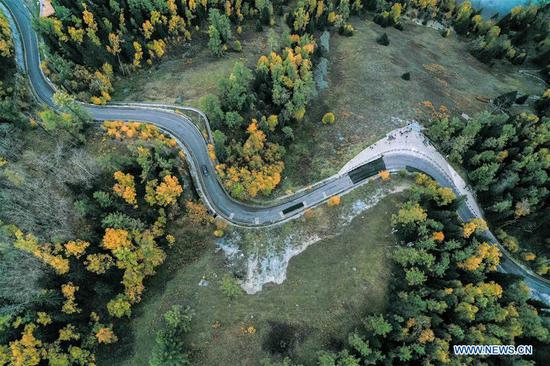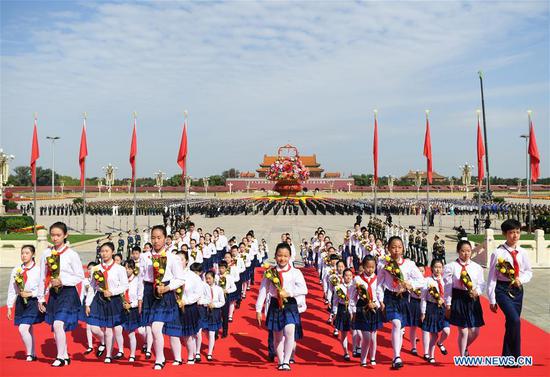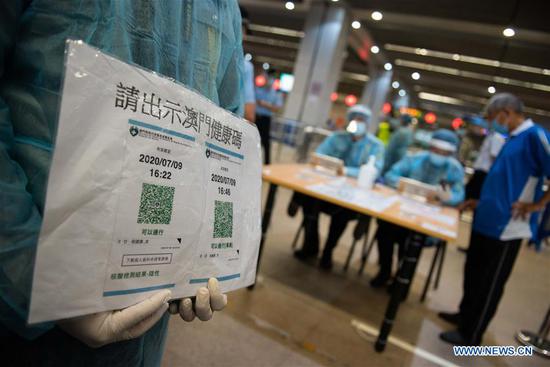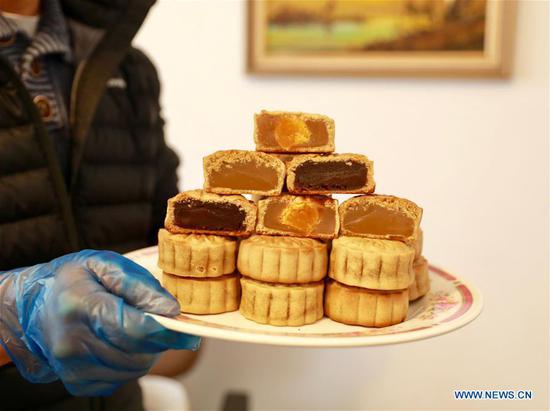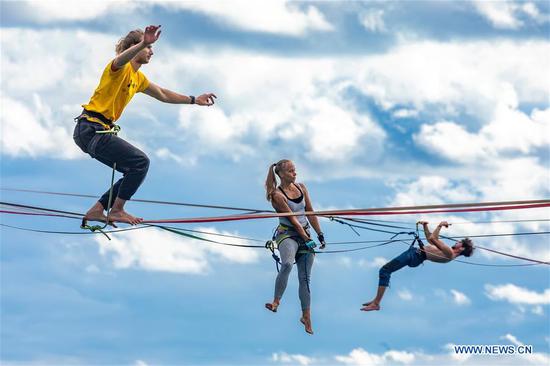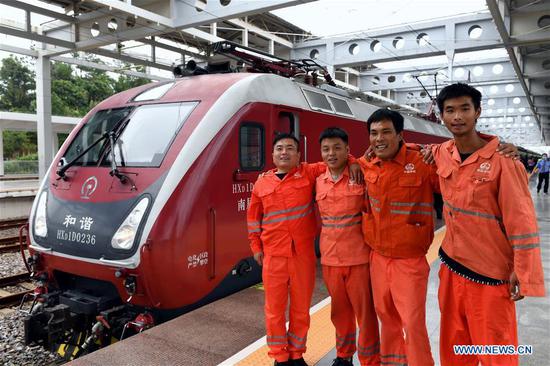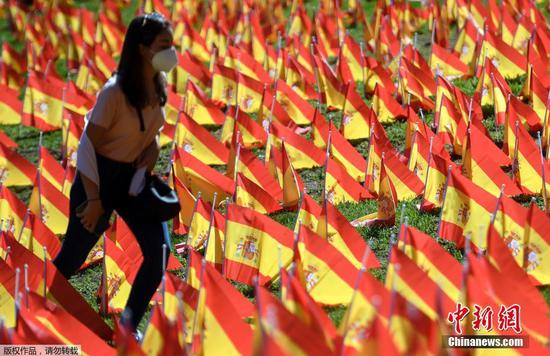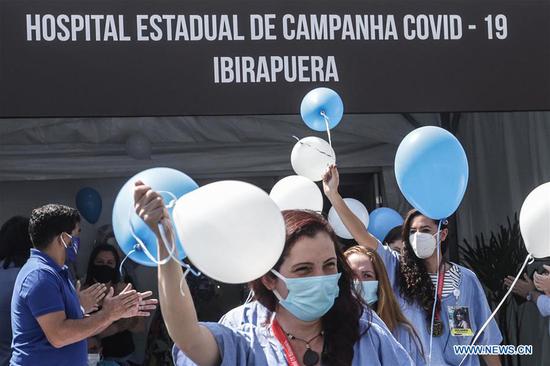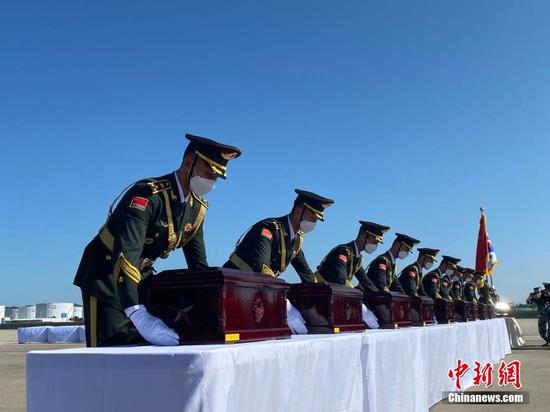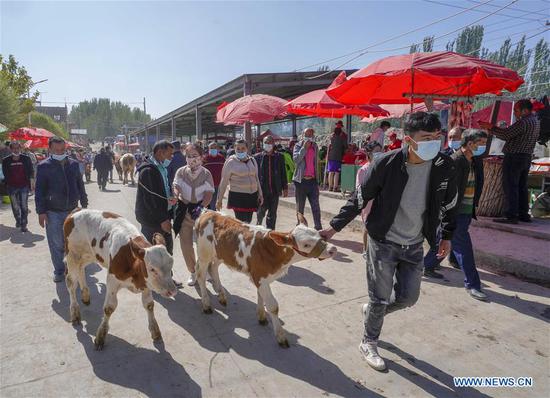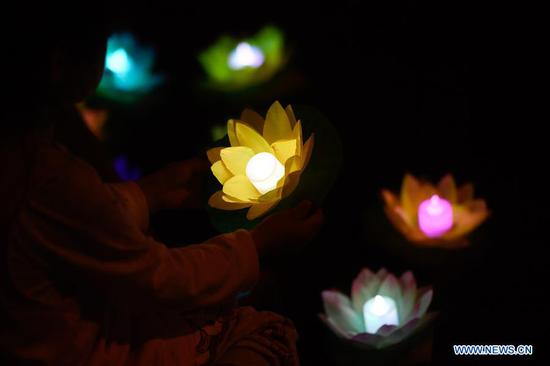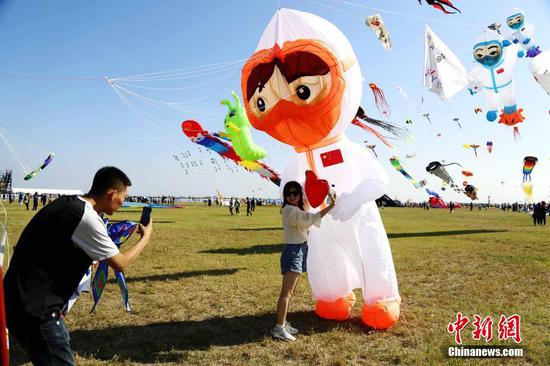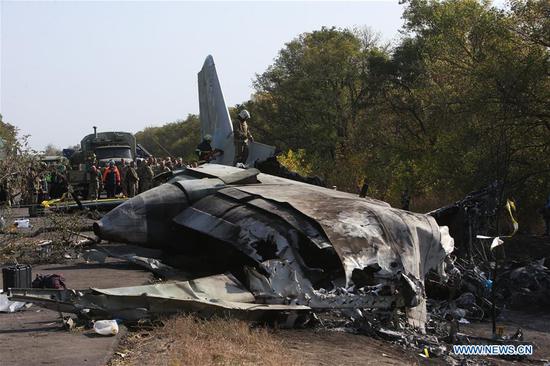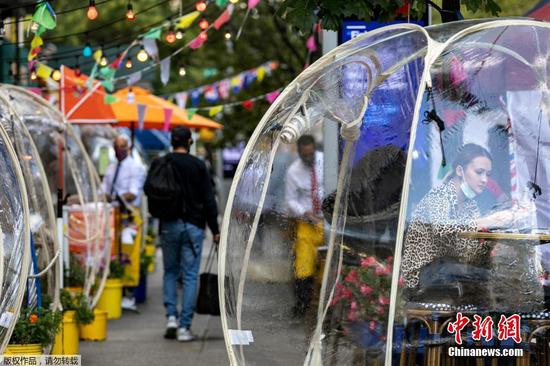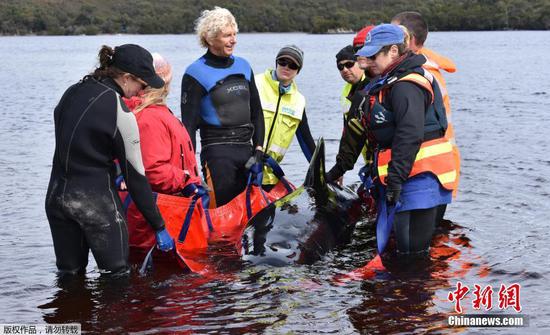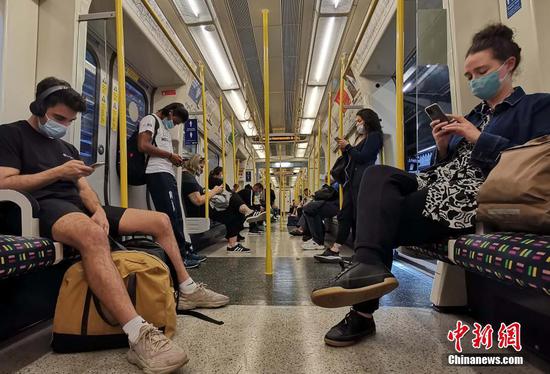The emergency inoculation with experimental COVID-19 vaccines in China is a necessary way to protect the lives and health of essential workers and other high-risk groups, a Chinese official said on Tuesday.
China is still under pressure that COVID-19 cases may rebound in the country, and some essential workers like medical professionals, customs officers, and staff in public services are exposed to high-risk working environments, said Zheng Zhongwei, an official of the National Health Commission, at a press conference.
It is, therefore, necessary to protect their lives and health with emergency inoculation of the COVID-19 vaccine, Zheng noted.
He said the experimental COVID-19 vaccine used in emergency inoculation are vaccines that have passed animal experiments as well as the first and second phases of clinical trials and are safe and effective.
Zheng added that the launch of the emergency inoculation program, under related laws and regulations, has been strictly reviewed and meets the relevant rules of the World Health Organization (WHO). The program was also reviewed by legal, ethical, and clinical experts.
China also reported the program to the WHO representative office in China and got their support, he added.
According to Zheng, before the selected vaccines were used for emergency inoculation, they were approved to enter phase-3 clinical trials. The trial data collected so far have again provided evidence of their safety and effectiveness.
The emergency inoculation has been organized and carried out based on voluntary, informed consent, said Zheng. The people who participated in the emergency inoculation were carefully selected and closely monitored for adverse reactions and possible emergency treatment.
So far, no serious adverse reactions have been reported among the volunteers, and no infection has been reported following their work in some high-risk areas.
Meanwhile, no serious adverse reactions and infections have been reported among those who were dispatched to work overseas either, and all the emergency inoculation for overseas workers were carried out in China, said Zheng.









